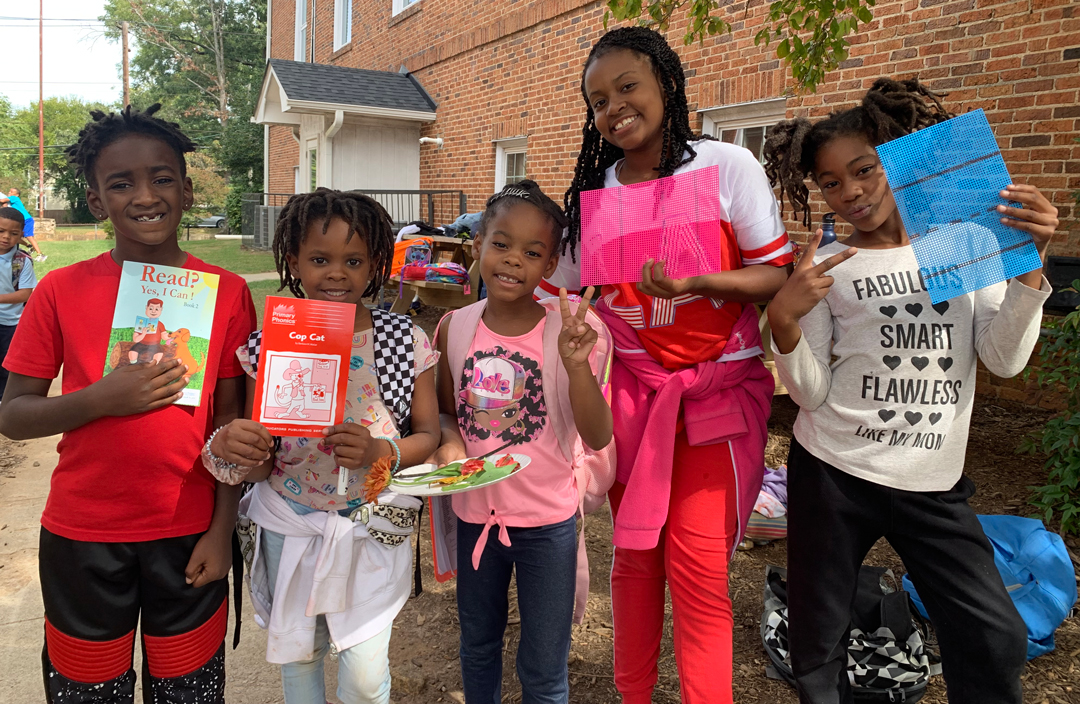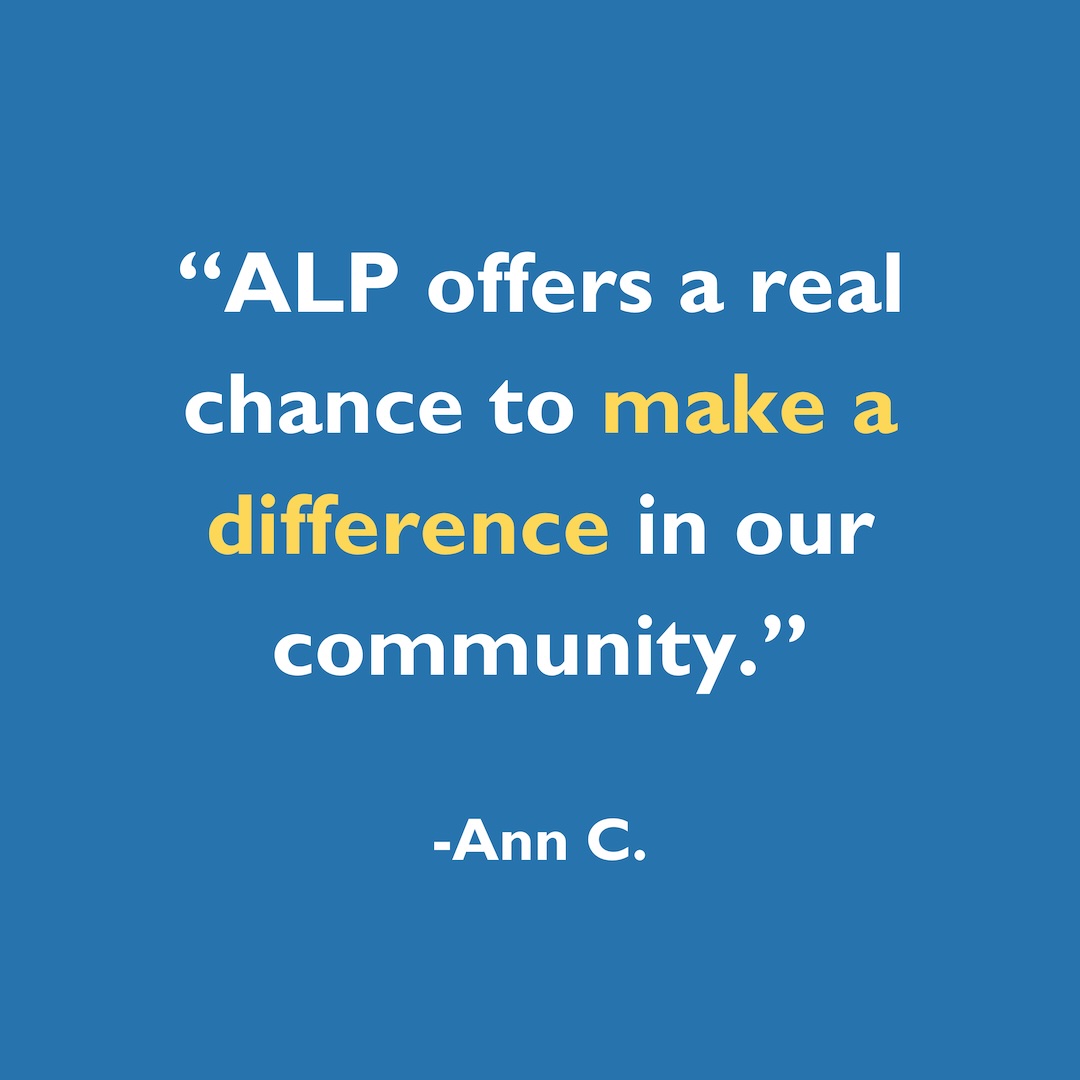Early Reading is Essential

Augustine Literacy Project helps early elementary students at risk for reading failure by training and supporting volunteer tutors who provide free, one-on-one reading instruction to children who need help learning to read, write, and spell but whose families cannot afford private support. Each tutor is equipped with the skills and compassion to help students gain confidence, master foundational literacy skills, and change the trajectory of their lives.
We do this because reading challenges can affect every part of a child's education, and their confidence, too. Families with resources often turn to private tutors or specialized schools, but many children in our community don't have that option. For them, the guidance of a caring, well-trained volunteer can be life-changing.
Since 2006, ALP-Upstate has trained more than 220 tutors who have provided over 18,000 hours of individualized literacy instruction contributing more than $1,080,000 worth of services across the Upstate of South Carolina.

Non-Discrimination Statement
The Augustine Literacy Project of the Upstate (ALP-Upstate) is committed to providing equal opportunity in all aspects of its programs and activities. ALP-Upstate does not discriminate on the basis of race, color, religion, sex, age, national origin, or disability. Our organization selects students, volunteer tutors, board members, and staff based on their qualifications, abilities, and commitment to our mission of literacy advancement. We foster an environment of respect and fairness, upholding the principles of merit, initiative, and excellence in all we do.
Mission-Driven Outreach
Consistent with federal nondiscrimination guidelines, ALP-Upstate prioritizes serving children facing socioeconomic barriers to literacy, including those from low-income households or under-resourced communities. Eligibility for services is determined by literacy needs and willingness to engage in our program. Our mission is supporting literacy for all children who demonstrate a willingness to learn, ensuring that every participant is treated equitably and with dignity.

